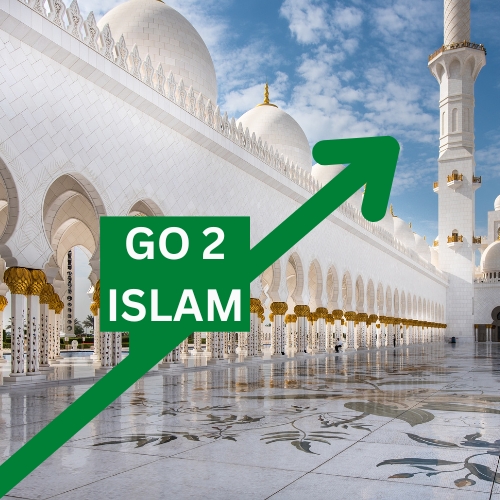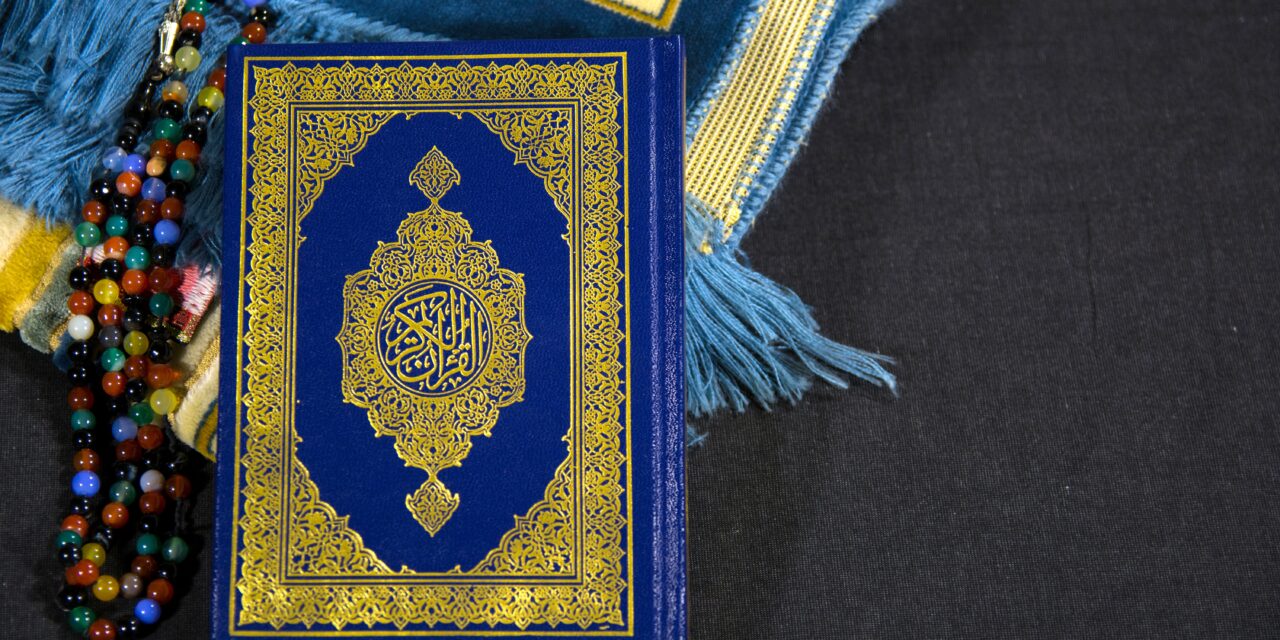In Islam, the role of prophets is significant and plays a crucial part in the faith. Prophets are chosen by Allah to convey his message to humankind and guide them towards the right path. Muslims believe that Allah sent many prophets throughout history, from Adam to Muhammad, peace be upon them all, each with the same message of belief in the oneness of God and to follow his commandments.
The prophets in Islam are believed to be righteous and chosen by Allah, who guided them through revelation and inspiration. They were sent as a mercy to humanity to convey the message of Allah and to teach people how to live a life that is pleasing to God. Muslims believe that prophets were infallible and were protected by Allah from committing sins and mistakes while delivering the message.
Prophets in Islam are considered to be the most honorable and respected people in human history. They were sent with a divine mission to establish justice, eradicate evil, and promote morality and ethics. They were role models for humanity and their teachings and examples are still relevant today.
The role of prophets in Islam is to guide people towards the right path and warn them of the consequences of their actions. They came to correct the deviation from the true path and to bring people back to the worship of Allah. The prophets taught people to be mindful of their deeds and to develop a close relationship with Allah.
Muslims believe that the last and final prophet was Muhammad, peace be upon him, who was sent with the final revelation, the Quran. He was chosen by Allah to convey his message to humanity and to be an example for all Muslims to follow. The Prophet Muhammad, peace be upon him, taught people how to live a life that is pleasing to Allah and to uphold justice, morality, and ethics.
The role of prophets in Islam is to provide guidance and direction to humanity. They are not divine beings or objects of worship, but rather they were chosen by Allah to convey his message and guide people towards the right path. Muslims believe that the teachings of the prophets are essential to lead a life that is pleasing to Allah and to attain success in the hereafter.
In conclusion, the role of prophets in Islam is central to the faith and plays a crucial part in guiding people towards the right path. The prophets were chosen by Allah to convey his message and to teach people how to live a life that is pleasing to him. Their teachings are still relevant today and provide guidance and direction for Muslims to follow. The last and final prophet was Muhammad, peace be upon him, who was sent with the final revelation, the Quran, to guide people towards the right path and to be an example for all Muslims to follow.
Prophets in Islam have a significant role in guiding humanity towards the right path. According to Islamic beliefs, God sent numerous prophets to convey His message to people throughout history. The Prophet Muhammad (peace be upon him) is considered the final prophet and the seal of the prophethood. Prophets in Islam are believed to be chosen by God to guide people to the straight path, and their message is universal and timeless. The role of prophets in Islam is to convey God’s message to humanity, clarify misconceptions about religion, and provide guidance on how to lead a righteous life.
Prophets in Islam are considered role models for people to follow. They provide examples of how to live according to God’s will and how to overcome the challenges that people face in their lives. The Quran and the teachings of the Prophet Muhammad (peace be upon him) emphasize the importance of following the prophetic example in one’s daily life. Muslims are encouraged to learn about the lives of the prophets, their teachings, and their struggles, as a means of gaining knowledge and inspiration to lead a better life.
Prophets in Islam are also considered to be a mercy for humanity. They were sent by God to guide people towards the straight path and to show them the way to righteousness. The Quran states that the Prophet Muhammad (peace be upon him) was sent as a mercy for all of mankind (Quran 21:107). The mercy of the prophets is reflected in their teachings, which promote love, compassion, and forgiveness towards others.
Another important aspect of the role of prophets in Islam is to establish justice in society. Prophets were sent to guide people towards justice and to fight against oppression and injustice. The Quran states that the prophets were sent to “enjoin what is right and forbid what is wrong” (Quran 3:104). Prophets like Moses, Jesus, and Muhammad (peace be upon them) fought against oppression and injustice in their respective societies and taught their followers to do the same.
Prophets in Islam also serve as a bridge between humanity and God. They convey God’s message to people and provide guidance on how to attain closeness to God. The Quran states that the prophets were sent to “remind people of the message of God and guide them to the straight path” (Quran 7:158). Prophets provide a means for people to connect with God and to seek His forgiveness and mercy.
In Islam, prophets are not worshipped as divine beings. Rather, they are seen as human beings who were chosen by God to convey His message to people. Muslims believe that prophets were protected from committing major sins, but they were not infallible. The Quran and the teachings of the Prophet Muhammad (peace be upon him) emphasize the importance of following God’s guidance rather than blindly following the words of a prophet.
In conclusion, the role of prophets in Islam is to convey God’s message to humanity, provide guidance on how to lead a righteous life, and establish justice in society. Prophets serve as role models for people to follow, and their teachings promote love, compassion, and forgiveness towards others. They also provide a means for people to connect with God and seek His forgiveness and mercy. Muslims are encouraged to learn about the lives of the prophets, their teachings, and their struggles, as a means of gaining knowledge and inspiration to lead a better life.



